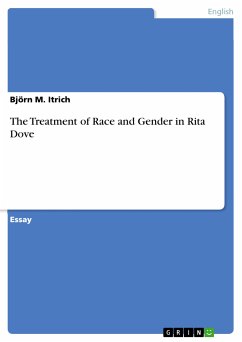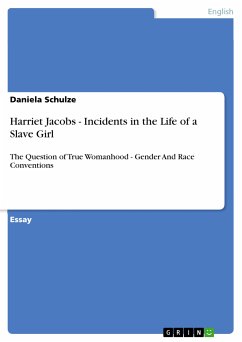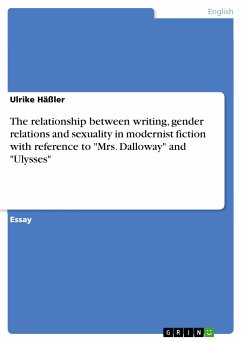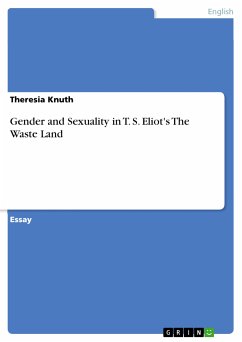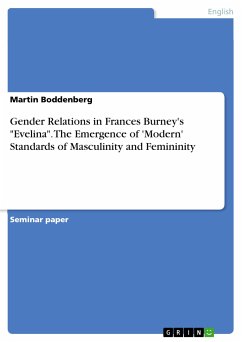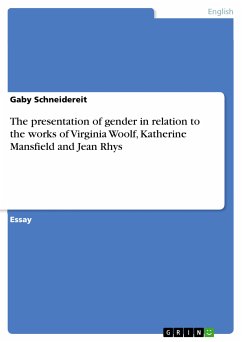Essay from the year 2005 in the subject English Language and Literature Studies - Literature, grade: Distinction, University of Wales, Bangor (English Department), language: English, abstract: Traditional black literature since the 1960’s tends to operate according to the creed: “Black literature BY blacks, ABOUT blacks, directed TO blacks. ESSENTIAL black literature is the distillation of black life,” Ekaterini Georgoudaki states. However, similar opinions had been voiced much earlier than the 1960’s. Langston Hughes stated in his 1926 essay “The Negro Artist and the Racial Mountain” that no black artist can be truly called a black artist, if he intends to be a poet for black and white. He reports the following incident: One of the most promising of the young Negro poets said to me once, “I want to be a poet – not a Negro poet,” meaning, I believe, “I want to write like a white poet”; meaning subconsciously, “I would like to be a white poet”; meaning behind that, “I would like to be white.” And I was sorry the young man said that, for no great poet has ever been afraid of himself. Behind Hughes’s comment lies the assumption that even “[w]ithout going outside his race [...] there is sufficient matter to furnish a black artist with a lifetime of creative work.” Hughes’s suggestion that the black artist take his material solely from within the black community limits the choice of topics for the black artist and restricts his scope. Furthermore, Hughes claims that the black poet writing about the relations between black and white may contribute “his racial individuality, his heritage of rhythm and warmth, and his incongruous humour that so often, as in the Blues, becomes ironic laughter mixed with tears.” The black writer, according to Hughes, has to obtain a particular style, marking him clearly as black.
Bitte wählen Sie Ihr Anliegen aus.
Rechnungen
Retourenschein anfordern
Bestellstatus
Storno

